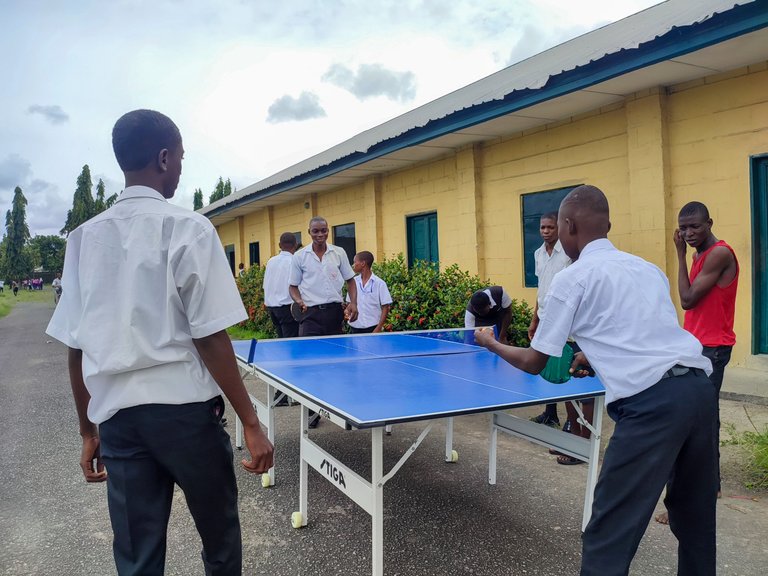Never did I understand what it means to teach students until my first time as a teacher. It was my national service year, and I was posted to a secondary school. Unexpected, but I thought to myself, "should be interesting," but that was far from my experience.

When I was in that level, secondary school, I didn't care much about academics until much later, when I was about to graduate. All I ever really did were the normal things—going to class and some assignments. Never studied much. So my results weren't always great. There were some subjects I did alright in, but some things contributed, like the kind of teacher.
You see, students rank their teachers, at least subconciously. It could be based on different factors, but they tend to perform better in the subjects of their favourites, especially in secondary levels. I know I often did. And they'd sometimes blame the low-ranking teachers for their failure.
There were really good teachers, and there were, well, not-so-good ones. Although it all depends on the student and their willingness to learn and perform well, it often helped that the teacher was great at their jobs. In some cases, some students still wouldn't perform well, regardless of how great the teacher was.
When I was teaching physics at the secondary school I was posted, I would teach certain concepts—for even longer than planned—only to have just ten students perform well in the end. And there were about 200 students.

While I may not have been the best type of teacher they could have had, considering that it was my first time, I realised that there was already a serious problem before I showed up. It seemed like many of the students didn't have good foundations in some elementary subjects. For example, certain mathematical knowledge was necessary to understand a physics concept, but many didn't even have that.
I wasn't sure how to fix the problem, but I knew that somewhere along the line, one or two teachers didn't do their jobs right. It had to be that, or the school system just didn't monitor closes because there were too many students that had that problem. Even as I often tried to go back to basics, it still didn't count much.
So talking of who's to point fingers at for a student's poor performance, it depends on different factors. At the end of the day, it's the students responsibility to work hard, but what could be done if the foundation's not set well? Parents, teachers, and schools have to cater for that responsibility. Adequate and diligent teachers that really know their stuff have to be present, to begin with.

Reminds me of an English language teacher I had when I was in junior secondary school. He couldn't speak good English, yet he was to teach us. He would make grammatical mistakes whenever he spoke. Even I could tell at that young age. Makes one wonder what knowledge he could possibly be imparting us then. It prompted my mother to transfer me to a different school when she discovered.
In the grand scheme of things, if you're going to be a teacher, it must be understood that the foundation of certain knowledge of your student lies in your hands. They say if you can't explain something simply, then you probably don't fully understand it yourself. That's not enough, however—knowing your craft. Knowing the dynamics of teaching and becoming excellent at conveying information in a way that is comprehensible is equally important.
Image(s) belong to the author
Posted Using InLeo Alpha